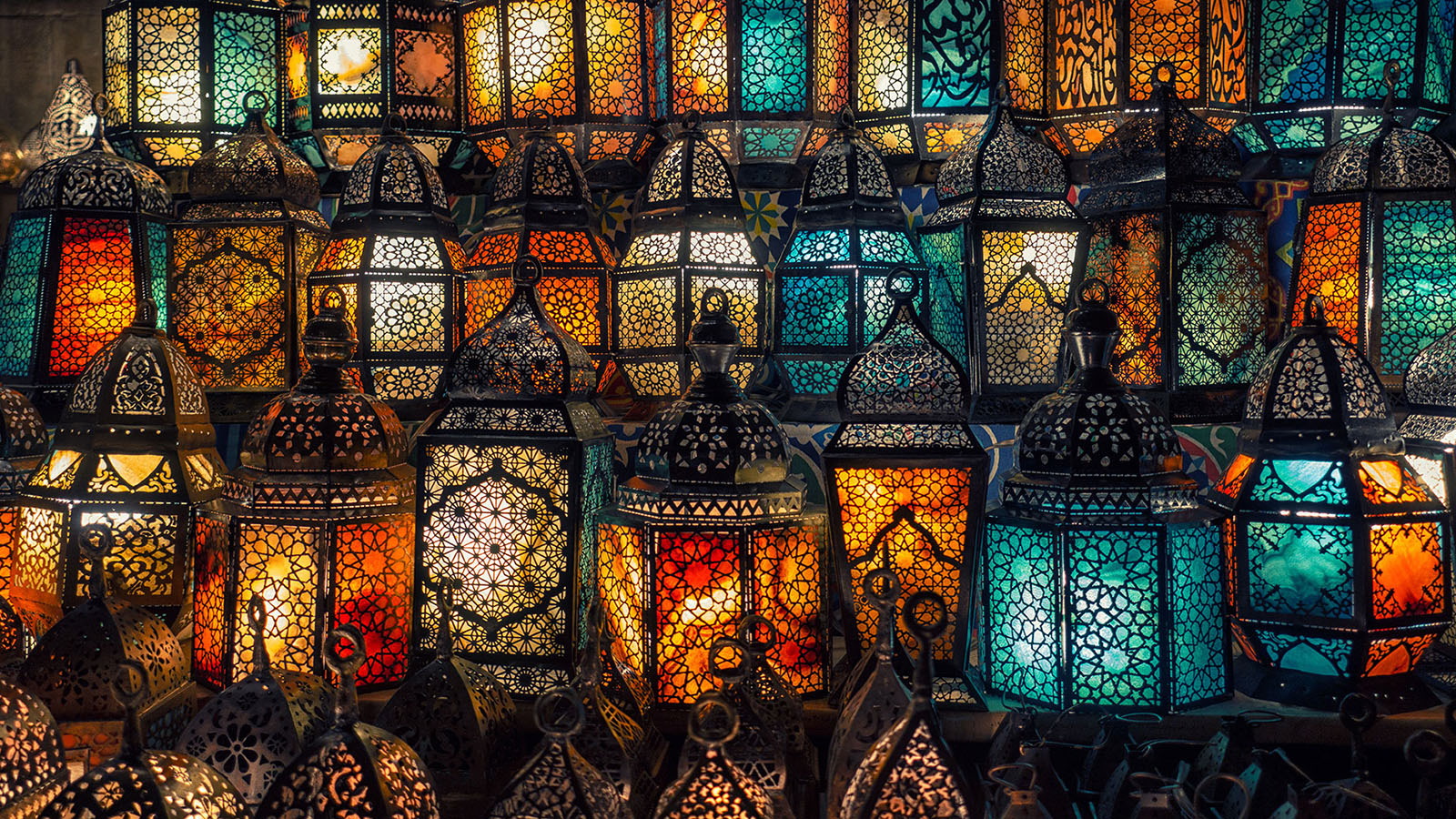Eid al-Fitr: A Celebration of Gratitude as Ramadan Draws to a Close

Weaver’s Inspire Impact Team: Courageous Conversations
For Muslims worldwide, Ramadan is the month of fasting, prayer, reflection, increased charity and spiritual growth. Individuals observing the fast abstain from eating or drinking from sunrise to sunset each day for the entire month. Fasting serves as a reminder to be grateful for what you have and to share with those who may be less fortunate. Ramadan teaches self-discipline, self-control, sacrifice, and empathy for others, thus encouraging actions of generosity and compulsory charity during the month. Charitable contributions are made to the poor and the needy throughout the month of Ramadan.
Eid al-Fitr (translated from Arabic means “festival of the breaking of the fast”) is celebrated at the end of Ramadan. Depending on the country, Eid is celebrated from one to three days. Although different cultures celebrate it differently, there are many common rituals performed by all. This year, Eid will be celebrated worldwide on May 13-14.
How Do Weaver Team Members Celebrate Eid?
Rawan Sakatan, Audit Manager in Weaver’s Houston office:
Rawan starts the day by heading to the local mosque for morning prayers with her family. People usually wear their best clothes and women will often apply henna artwork on their hands. After returning from prayers, families will gather to enjoy their first daylight meal since the start of Ramadan. Various traditional dishes are prepared at home, including sweets. During Eid, families and friends visit each other to celebrate, share their greetings and best wishes. People greet each other with “Eid Mubarak,” meaning “Blessed Eid” or “Eid Sa’eed,” which means “Happy Eid”. People exchange presents or money, which is called “Eidi.”
Eid is meant to celebrate joy, gratitude, and distributing one’s wealth to the poor and needy.
Home decorating is not a new tradition, but it’s taken on a new significance this year because of the isolation resulting from the pandemic. Families want to keep the festive spirit, especially for children who look forward all year to this holiday. People will decorate their homes inside and out. Homes are decorated with lanterns, twinkling lights, and more, similar to Christmas celebrations. In Muslim countries, on the days leading up to Eid, you can expect packed streets and rushes at malls and markets. During Eid, special events like fairs, markets, and fireworks are organized to celebrate and bring people together to experience the joy of Eid.
Joy and gratitude shine on the face of Rawan’s nephew, Karam.
Zeeshan Khan, Audit Partner in Weaver’s Oklahoma City office:
The lead-up to Eid starts many days in advance with the Ramadan spirit. It is tradition for my family to wake up together to have the pre-dawn meal before the fast begins and often to invite guests to break the fast together at sunset (second meal of the day). As Ramadan comes closer to an end, usually the weekend before Eid, we take out the Eid decorations and get the kids involved in decorating the house. We put up lights and other decorations that the kids have made and start to wrap our gifts for each other. The night before Eid is called “chaand raat,” which literally means the night of the moon sighting. The sighting of the full moon officially confirms the end of Ramadan and is usually celebrated with a gathering of family and friends where the ladies apply henna to their hands and everyone wishes each other “Eid Mubarak.”
The morning starts with a special breakfast together and then getting into our traditional Pakistani clothes and heading to the mosque for prayers. Large groups of people gather for the Eid prayer and sermon and often go back to each other’s houses for more food and fun! The day is spent opening gifts, eating delicious food and celebrating the joy of Eid!
The Khan family in traditional Pakistani dress, Eid 2020.
© 2021